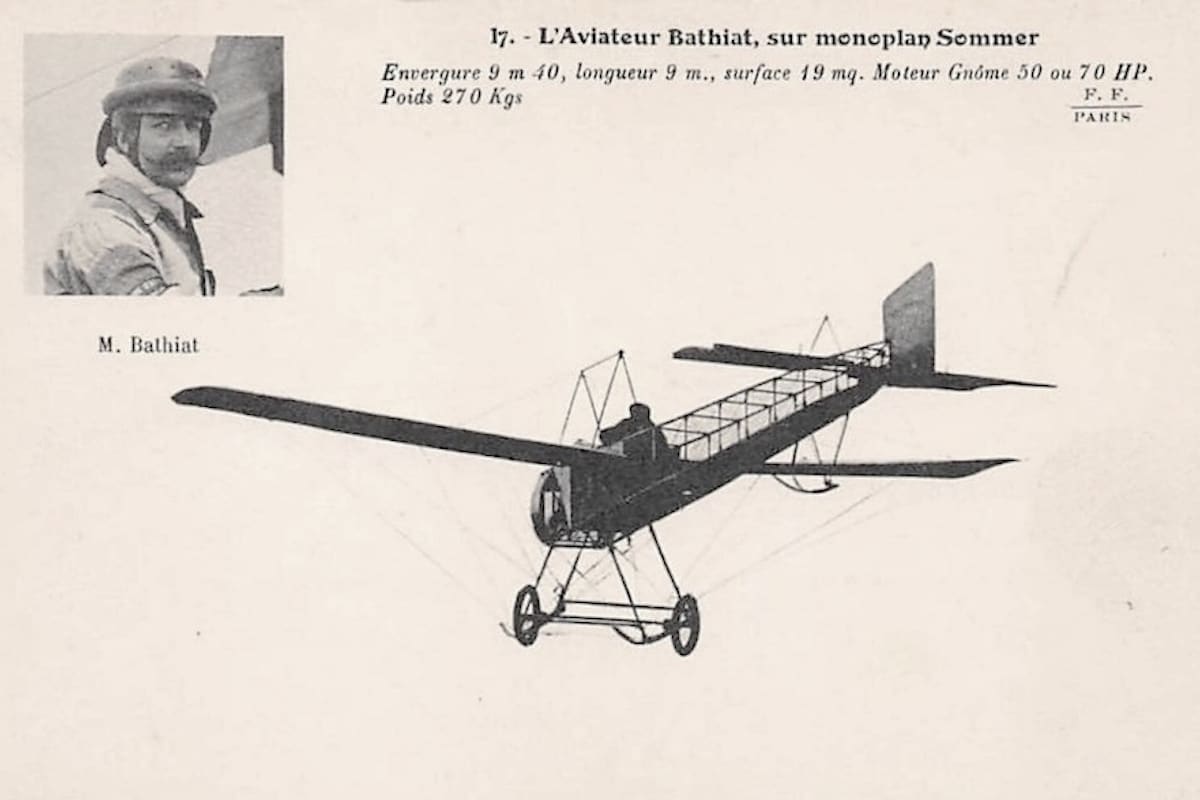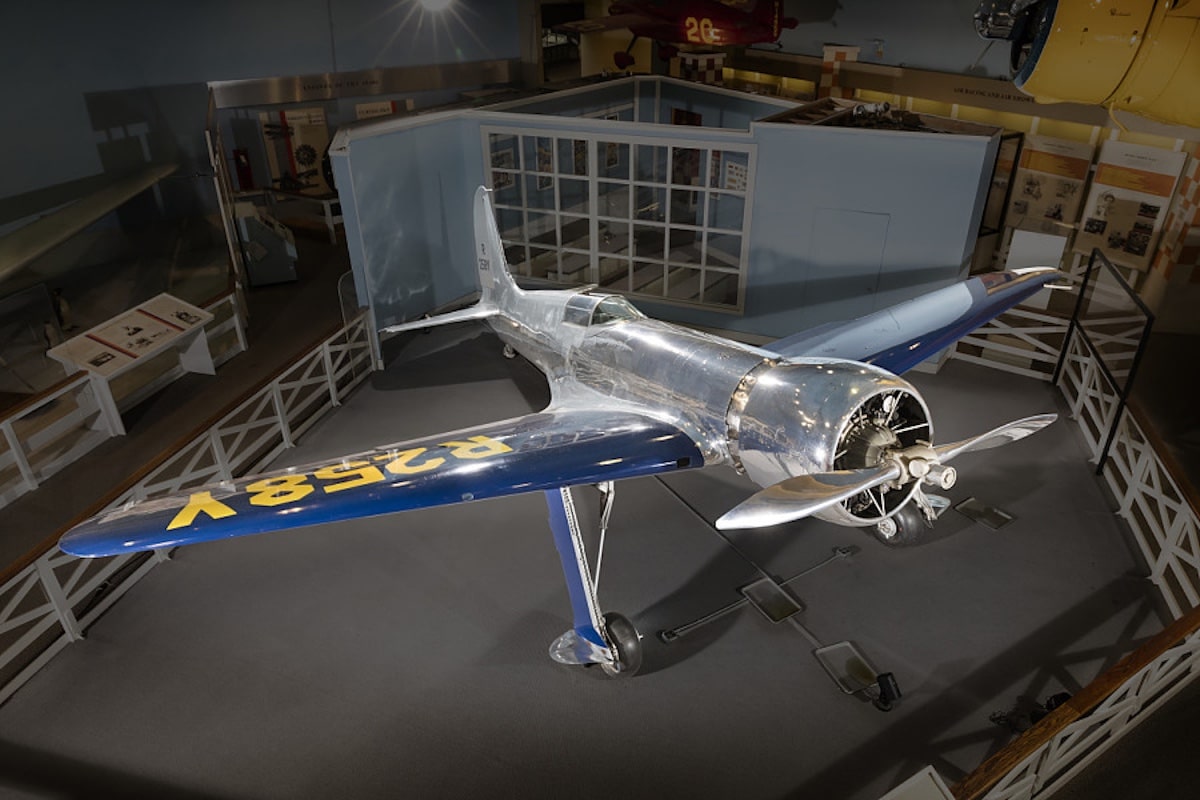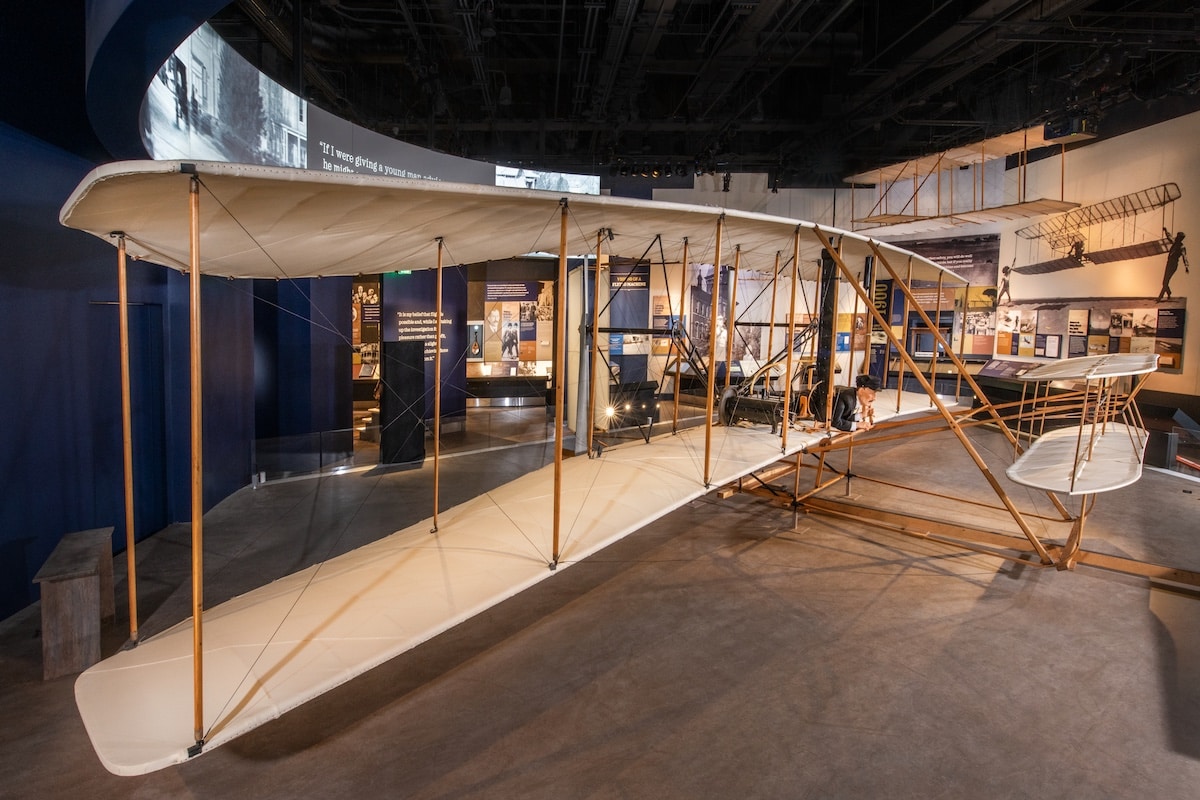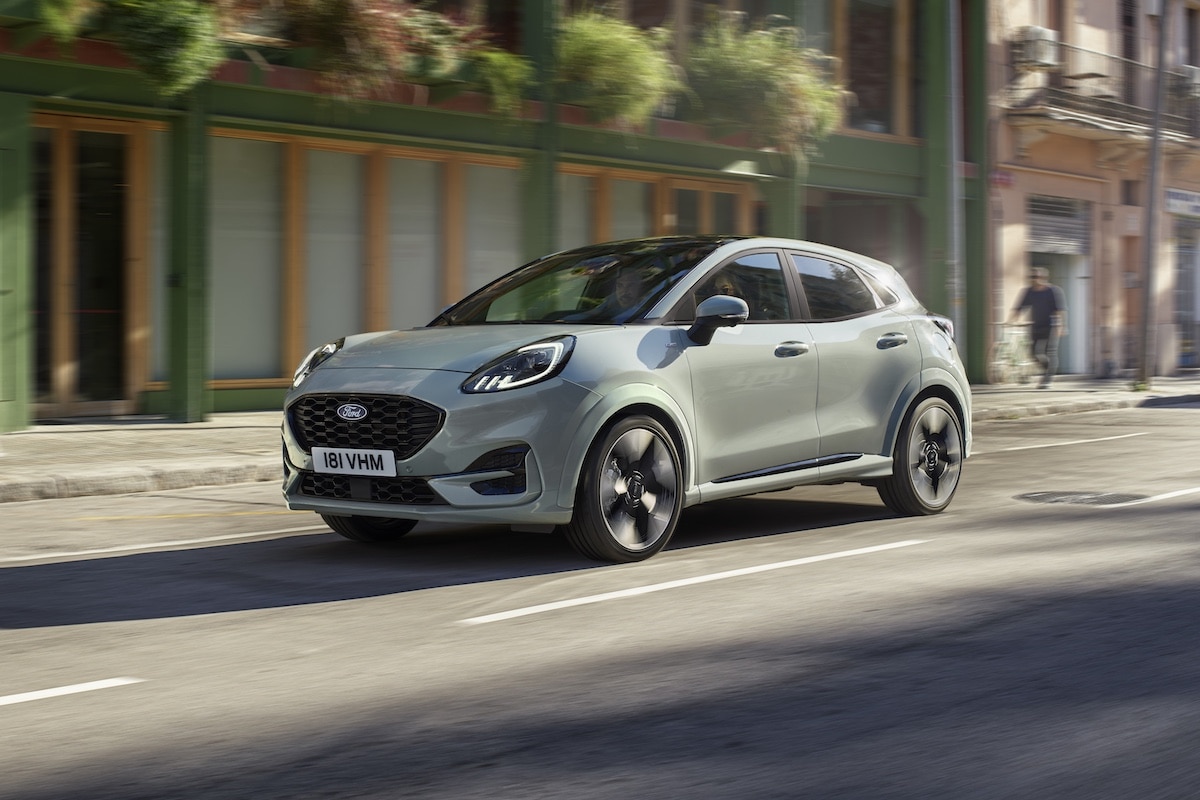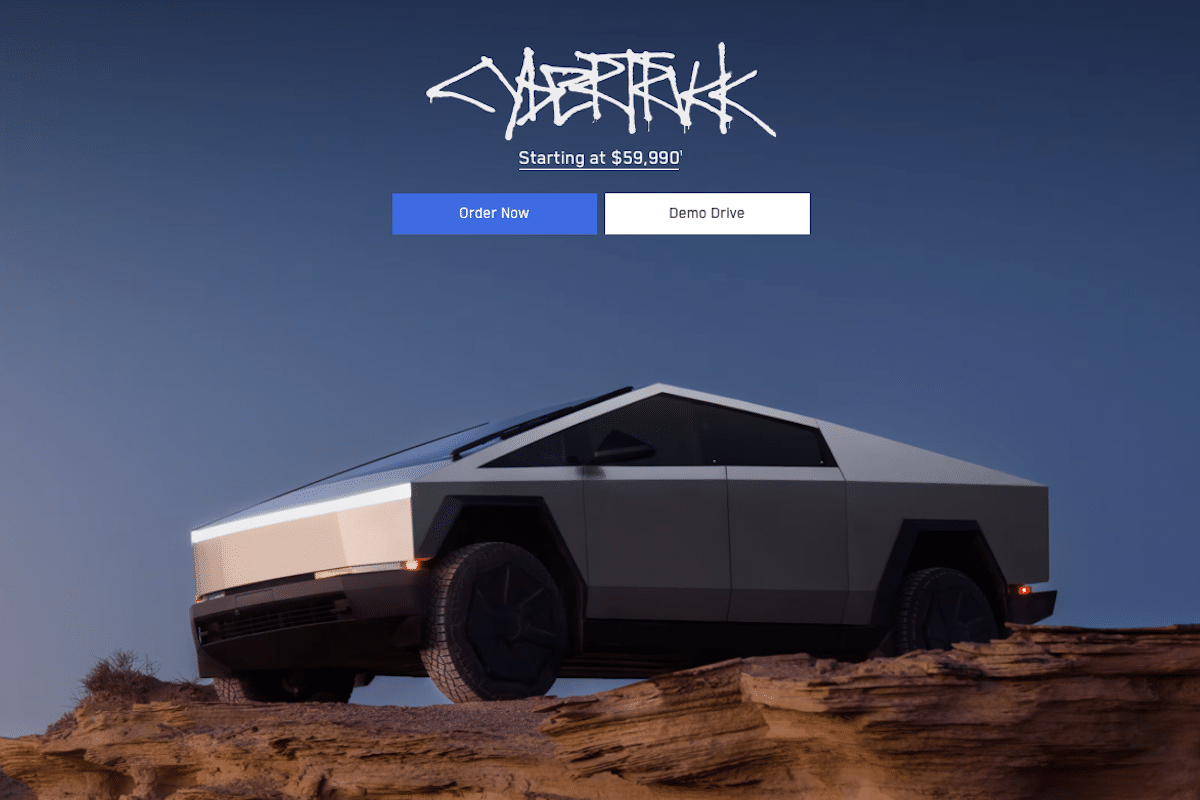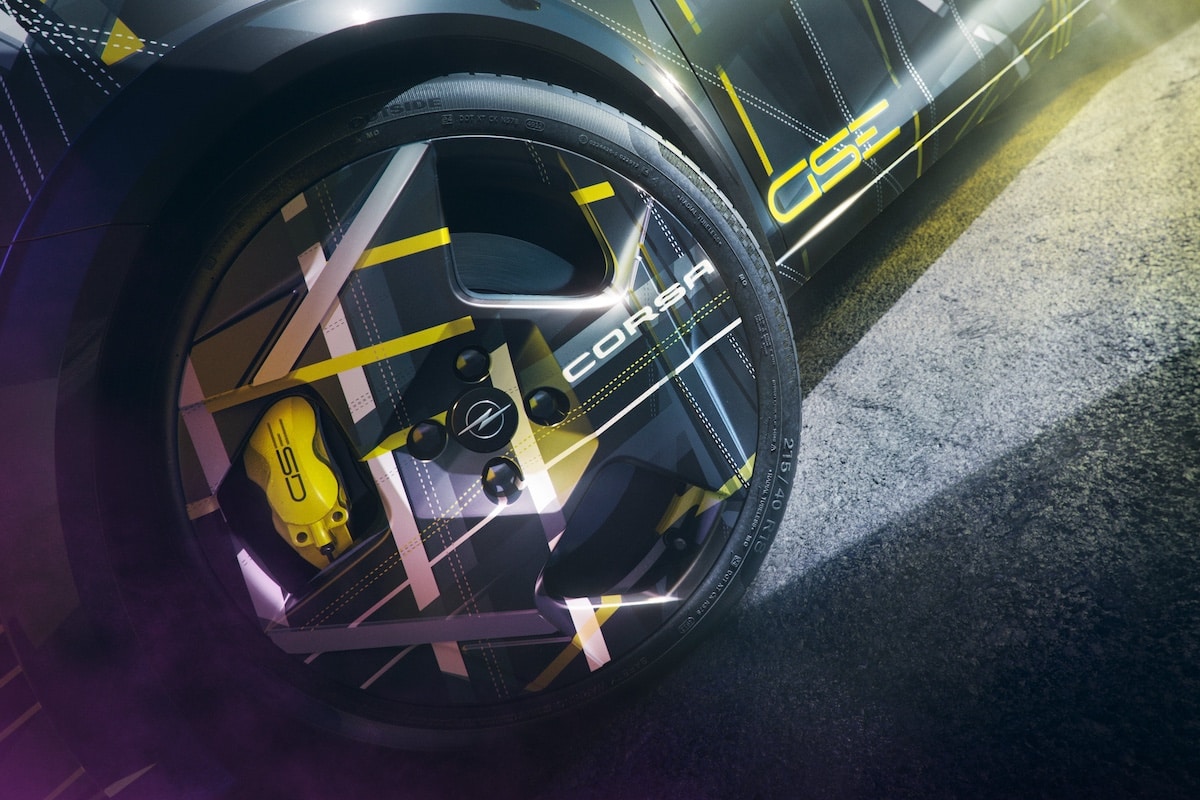Renault and Airbus collaborate to develop the battery of the future
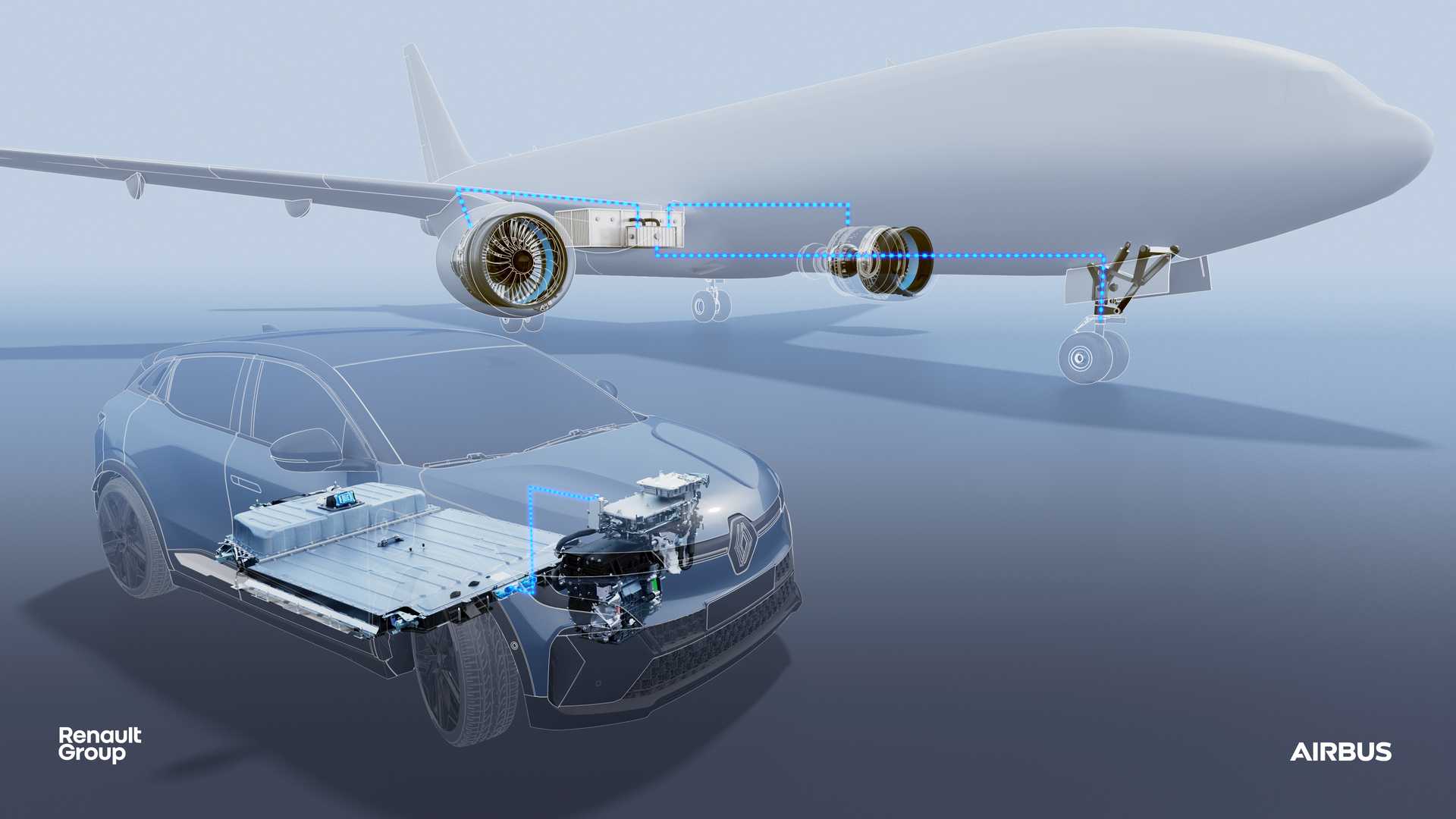
Surprise, car manufacturer Renault and aerospace company Airbus are joining forces in batteries for planes and electric cars.
Recall that in 2019, France and Germany launched the electric vehicle battery sector project. This multilateral union was dubbed a “Battery Airbus,” which ultimately evolved into the ACC project, a consortium comprising Stellantis, Mercedes-Benz, and Saft. But literally, Airbus is interested in batteries and is forming a partnership with the other automaker: Renault.
Doubling the energy density of electric vehicle batteries
“For the first time, two European leaders from different sectors are sharing their technical expertise to shape the future of hybrid-electric aircraft,” states Gilles Le Borgne, Director of Engineering at Renault Group. “Within Renault Group, our 10 years of experience in the electric vehicle value chain allow us to benefit from some of the best field feedback and true expertise in battery management system performance.”
Through this partnership, the automaker aims to advance battery technology. The collaboration will primarily focus on “energy management optimization and weight reduction of batteries”. The goal is to improve efficiency and close the weight gap between a thermal and an electric vehicle. Renault’s objective is to “double the energy density of batteries by 2030”. But what kind of batteries? The French group is clear; they are betting on solid-state batteries rather than lithium-ion. However, solid-state batteries are not expected to be in practical application until the next decade, according to a specialist.
Finally, Renault and Airbus will work on “the complete lifecycle of future batteries”. Few specifics are given on this, which is unfortunate for recycling issues. Nonetheless, both companies are focusing on “their carbon footprints”.
Hybrid-electric planes? Yes, but not for a long time…
“By combining Renault Group’s experience in electric vehicles with our own results in electric flight demonstrators, we can accelerate the development of disruptive technologies needed for future hybrid aircraft architectures in the 2030s and beyond,” announces Sabine Klauke, Airbus’s Director of Engineering.
It will likely take at least a decade before Airbus sees a hybrid aircraft in its lineup. Meanwhile, the European company is developing alternative fuels. These include various types such as biomass fuels and synthetic e-kerosene fuels. Another propulsion mode under consideration is hydrogen, which could replace kerosene either directly in engines or via fuel cells.
Read also: Ademe: The ‘reasonable’ electric car with a 60 kWh battery?
This page is translated from the original post "Renault et Airbus ensemble pour développer la batterie du futur" in French.
We also suggestthese articles:
Also read
